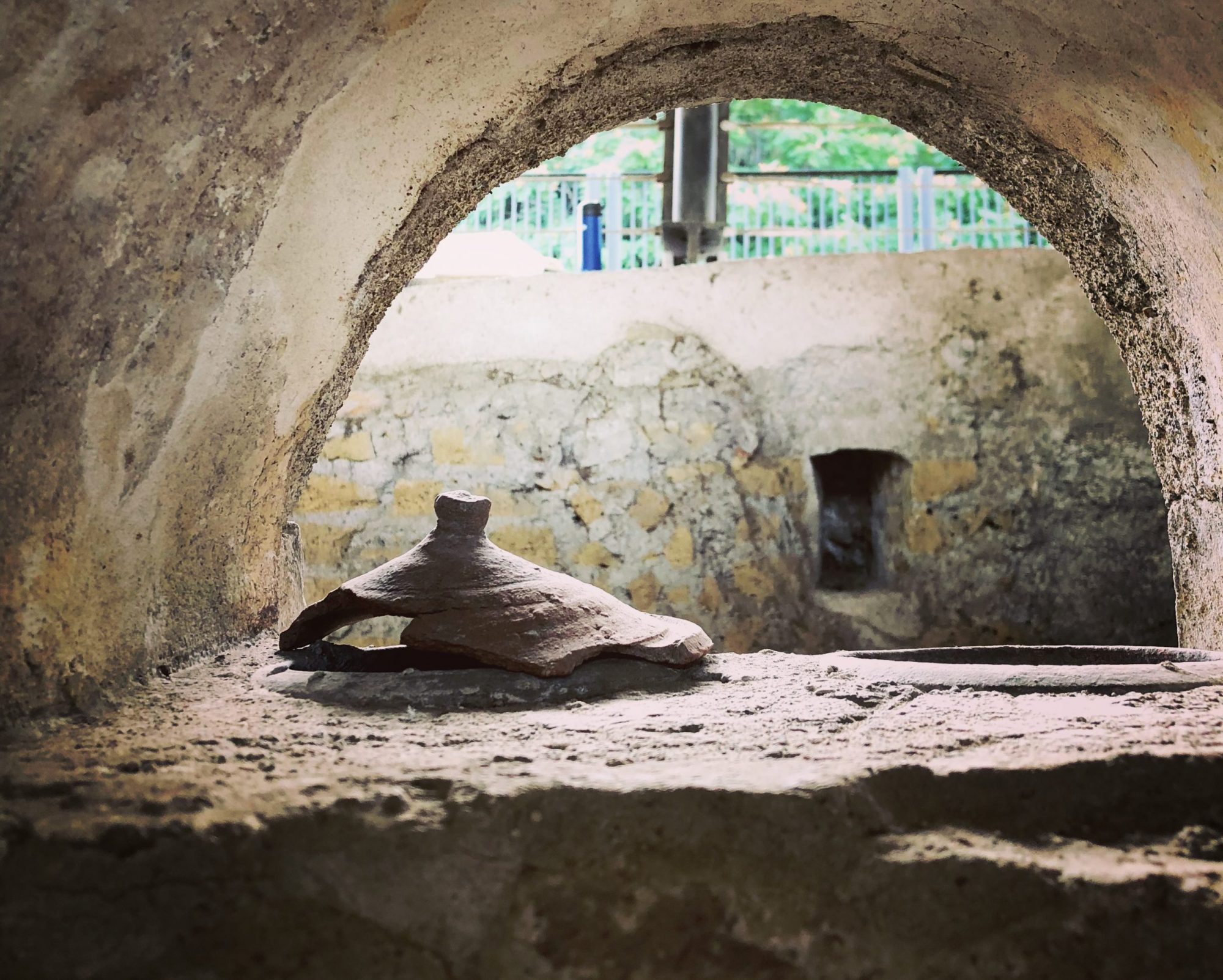Alongside Giuseppe Gioachinno Belli, whom I’ve written about a couple of times, another great romanesco poet is Carlo Alberto Salustri (1871-1950) who wrote under the anagram Trilussa. From the time he was eighteen years old, until his death at the age of 79, Trilussa published poems in the Roman dialect in newspapers, almanacs, and volumes of collected works.

Trilussa’s poems often took the form of Aesop-like fables, with animals standing in for types of people. Unlike Aesop, however, these fables most often offered cynical or jaded lessons, based on Trilussa’s scathing critiques of human nature, specifically as it was expressed in Italian political life. There is a small piazza named for Trilussa in Trastevere, just as one crosses the Ponte Sisto. A bronze statue of the poet sits on one side, alongside a plaque with one of his more well-known sonnets, “Al Ombra” (“In the Shade”).

Recently, and for a lot of reasons, I’ve been thinking about Trilussa’s poem, La libbertà de pensiero (“Freedom of Thought”) which he wrote in 1922, the same year that the Fascists seized control of Italy. The poem recounts a fable about a white cat and a black cat.
Un Gatto bianco, ch’era presidente der circolo der Libbero Pensiero sentì che un Gatto nero, libbero pensatore come lui, je faceva la critica riguardo a la politica ch’era contraria a li principi sui. “Giacché nun badi a li fattacci tui, – je disse er Gatto bianco inviperito -, rassegnerai le proprie dimissione e uscirai da le file der partito: che qui la poi pensà libberamente come te pare a te, ma a condizzione che t’associ a l’idee der presidente e a le proposte de la commissione!” – “E’ vero, ho torto, ho aggito malamente…” – Rispose er Gatto nero. E pe’ restà ner Libbero Pensiero da quela vorta nun pensò più gnente.
Here’s my translation:
A white cat, who was president of the Free Thought Society, heard about a black cat, another free-thinker, who held opposing ideas and criticized his politics. “Since you can’t watch your damn mouth,” said the enraged white cat, “You’ll be relieved of your duties and leave the ranks of the party. Anyone here can freely think whatever he likes, so long as he agrees with the ideas of the president and the leadership!” “It’s true,” said the black cat. “ I’m wrong. I’ve behaved badly.” And so, to stay in the Free Thought Society, He never thought about anything again.
So much of our discourse today revolves around the ideas of free speech, policed speech, and the role of authority in regulating speech. In my own field of higher ed, college campuses–including mine–have become fraught places where multiple intersections of interests and ideologies clash, all waving the banner of free thinking. Almost a hundred years after this poem was written, we find ourselves in the roles of either the white or black cat, depending on the space we are in.
N.B., a great introduction to Trilussa’s poetry, with elegant English translations is John Duval’s Tales of Trilussa.


